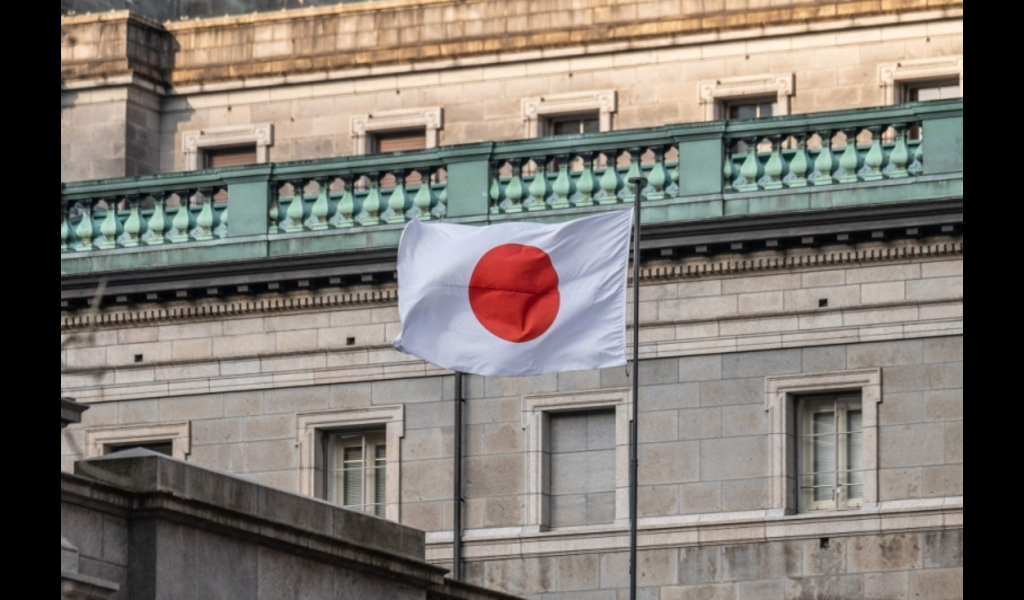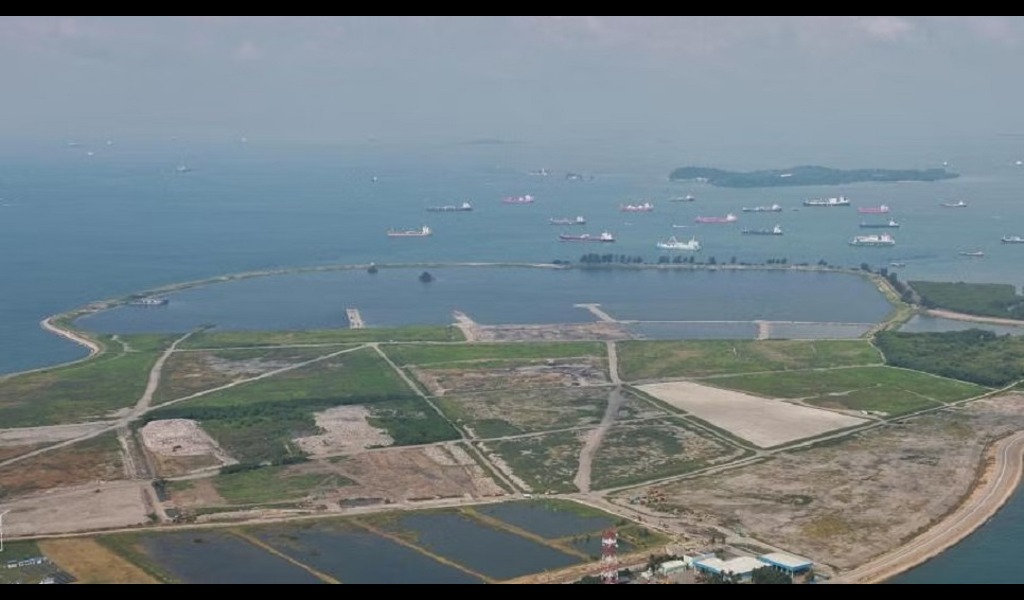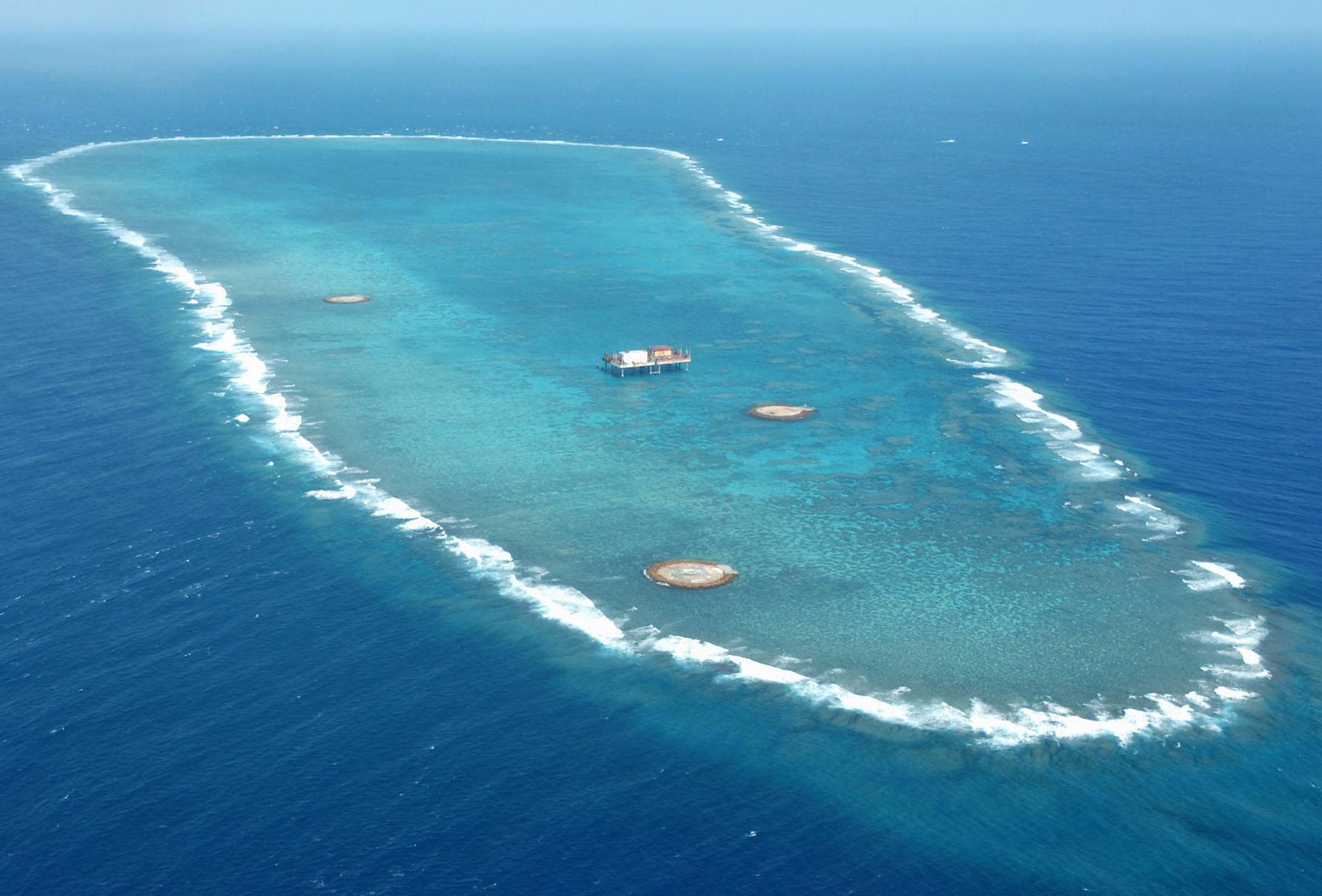News
Japan Demands Removal Of Buoy In Disputed Waters Near Senkaku (Diaoyu) Islands

(CTN News) – Japan has formally requested Beijing to remove a buoy discovered floating in the waters adjacent to the contested Senkaku Islands, referred to as the Diaoyu Islands in China. Tokyo asserts that the buoy was located within its exclusive economic zone (EEZ).
Territorial Disputes and Rising Tensions: The Senkaku Islands Issue in the East China Sea
The uninhabited chain of islands and rocky outcrops, situated approximately 190 nautical miles southwest of Okinawa, has been under Japanese control since 1895. However, they are also the subject of territorial claims by self-governed Taiwan.
According to the United Nations Convention on the Law of the Sea, an exclusive economic zone (EEZ) can extend up to 200 nautical miles from a nation’s coastline.
A foreign ministry official, speaking on the condition of anonymity, disclosed that protests have been lodged with both Tokyo and Beijing since Japan’s coast guard discovered a buoy in the East China Sea in July.
The official emphasized that the immediate removal of the buoy has been demanded, as its placement within Japan’s EEZ violates international laws regarding the construction of structures without Japan’s consent.
The official also noted that China had previously placed a buoy in the same area of Japan’s EEZ in 2018.
Japan’s Ministry of Defense has accused China of persistent intrusions around the islands, characterizing them as “relentless.”
They reported that between April and August 2020, Chinese coast guard vessels were detected around the Senkaku Islands for 111 consecutive days, totaling 333 days throughout the entire year.
Additionally, China has increasingly employed its coast guard in the disputed South China Sea, where the Philippines has accused Beijing of engaging in risky maneuvers.
The historical tensions between Japan and China have been further compounded by Japan’s release of treated radioactive water from the damaged Fukushima nuclear plant into the Pacific Ocean.
Senkaku/Diaoyu Islands Dispute
The chain of islands and rocky outcrops mentioned in your query is known as the Senkaku Islands (in Japanese) or Diaoyu Islands (in Chinese).
These islands are indeed a subject of territorial disputes between Japan and Taiwan, as well as China. Here’s some additional information on this topic:
- Historical Background: The Senkaku/Diaoyu Islands have a complex history of ownership and control. Japan claims sovereignty over the islands and has administered them since 1895. However, both Taiwan and China also assert territorial claims based on historical records.
- United Nations Convention on the Law of the Sea (UNCLOS): As you mentioned, UNCLOS defines rules for establishing Exclusive Economic Zones (EEZs), which extend up to 200 nautical miles from a nation’s coastline. The placement of a buoy by China within Japan’s EEZ has led to tensions, as it’s considered a violation of international law.
- Protests and Tensions: Japan has protested China’s actions, including the placement of buoys and the persistent presence of Chinese coast guard vessels around the Senkaku Islands. These actions have raised concerns and led to diplomatic disputes between the two countries.
- South China Sea Disputes: The mention of China’s coast guard activities in the South China Sea highlights broader regional tensions. Several countries in the region, including the Philippines, have disputes with China over territorial claims and activities in the South China Sea.
- Fukushima Nuclear Plant: The release of treated radioactive water from the Fukushima nuclear plant into the Pacific Ocean has added another layer of tension between Japan and its neighbors. Concerns about potential environmental and safety impacts have been raised.
Overall, the Senkaku/Diaoyu Islands dispute is part of a larger complex web of territorial and maritime disputes in the East and South China Seas. It remains a contentious issue in East Asia, with ongoing diplomatic efforts and tensions between the involved parties.
Escalating Tensions: Beijing’s Response to Japan’s Fukushima Water Release
Beijing has been the most outspoken critic of this development, which commenced last month. In response, Beijing has imposed a comprehensive embargo on all seafood imports from Japan.
This situation has escalated tensions, prompting Tokyo to enhance security measures and advise its citizens to maintain a low profile. The Japanese embassy in Beijing reported an incident in which a brick was thrown at its premises.
Further aggravating matters, numerous businesses and government offices in Japan, including Fukushima city hall and schools in the vicinity, received a barrage of nuisance calls originating from the Chinese country code +86.
In response, Tokyo summoned the Chinese ambassador to emphasize the importance of Chinese nationals acting calmly and responsibly.
The dispute over the Senkaku Islands remained relatively low-key until the 1970s when surveys indicated the possibility of substantial oil and gas reserves in the surrounding waters.






























